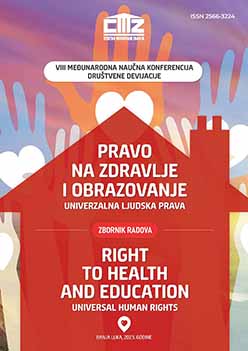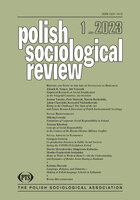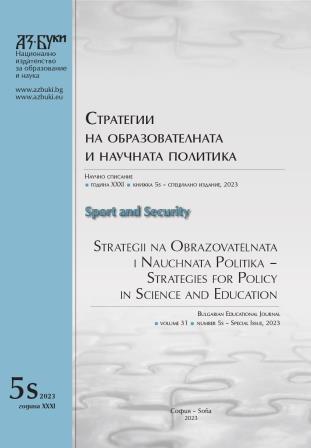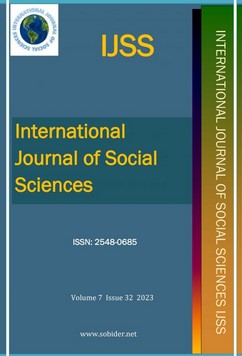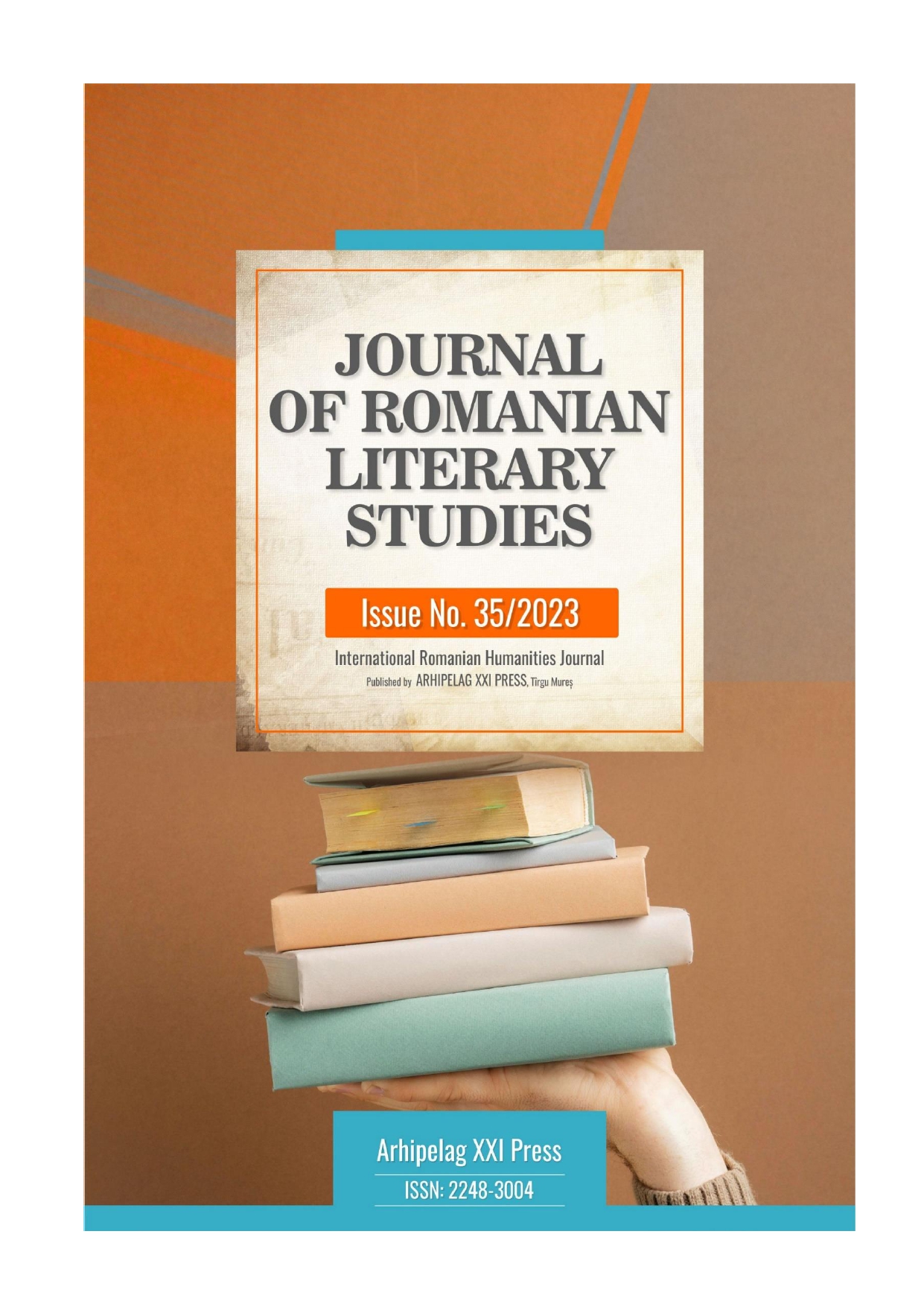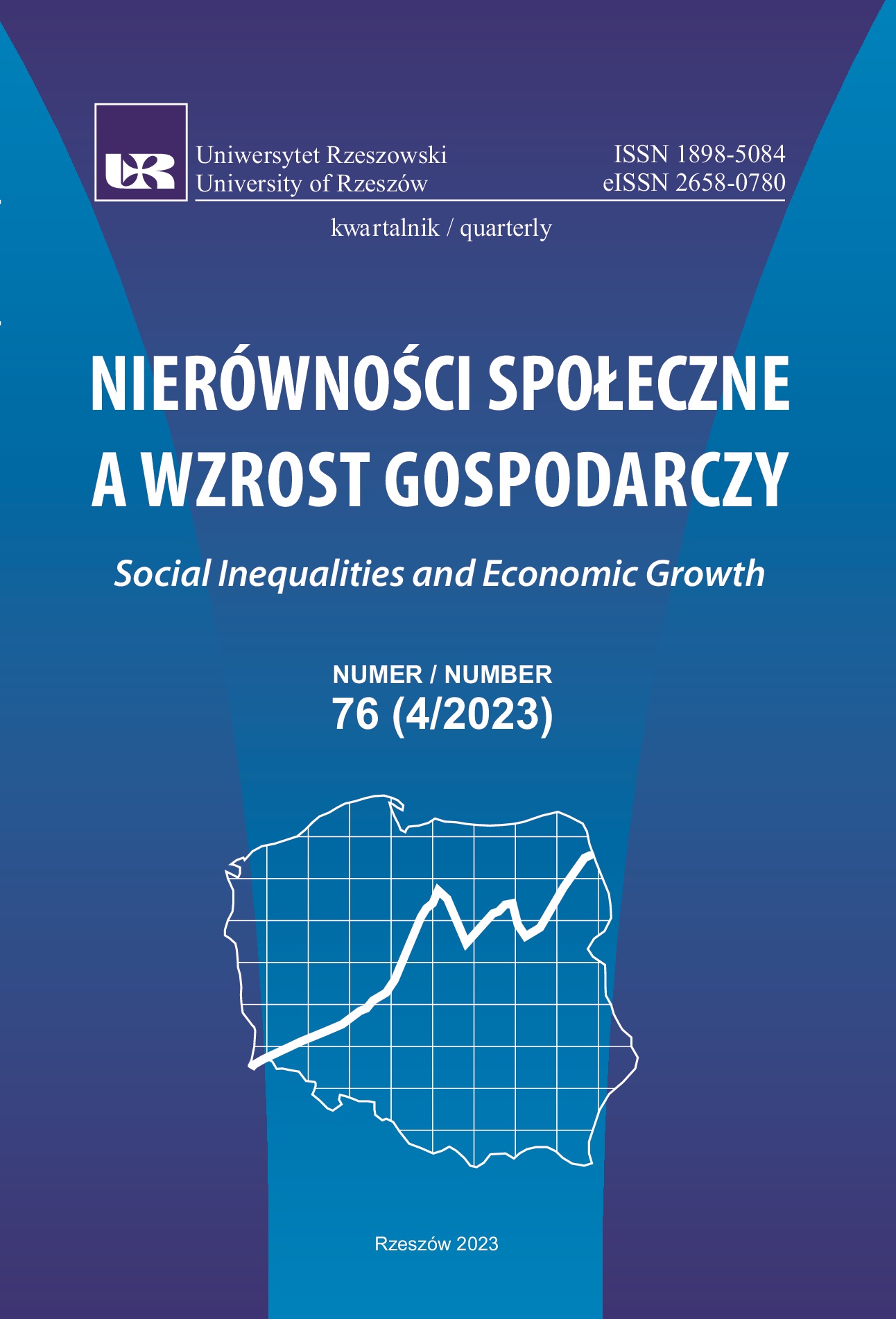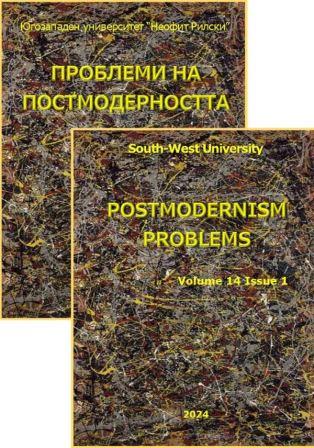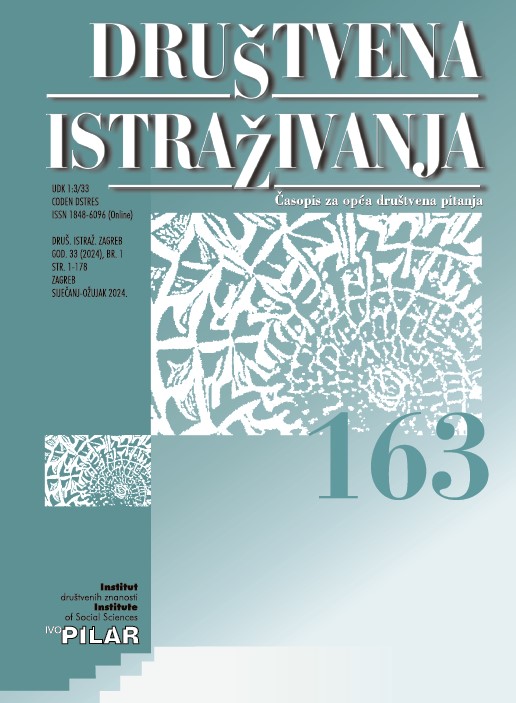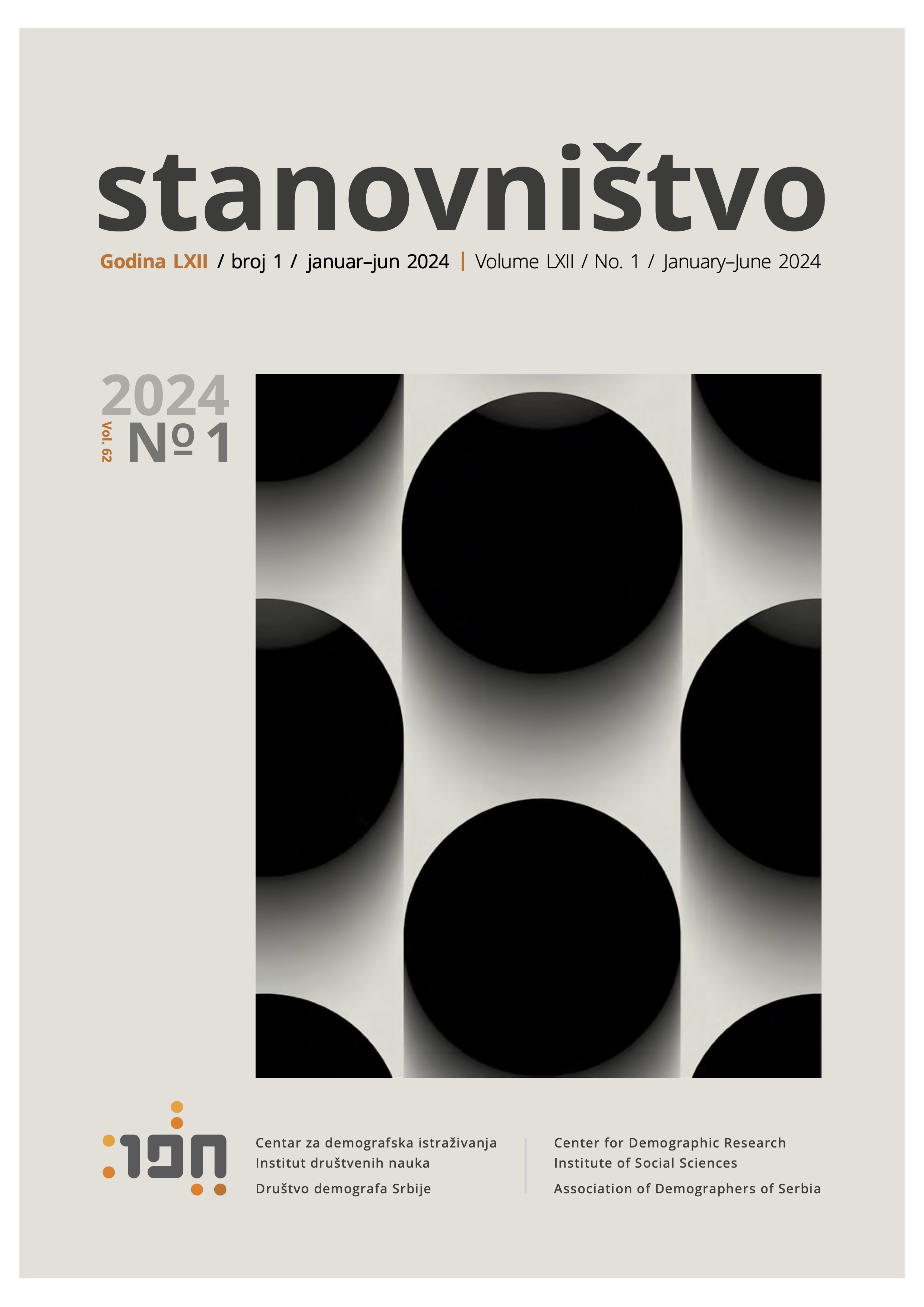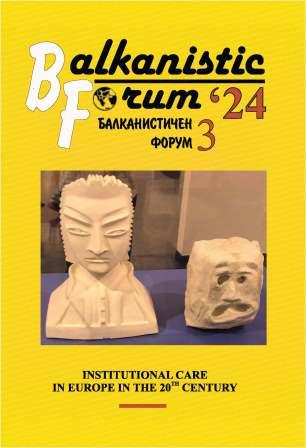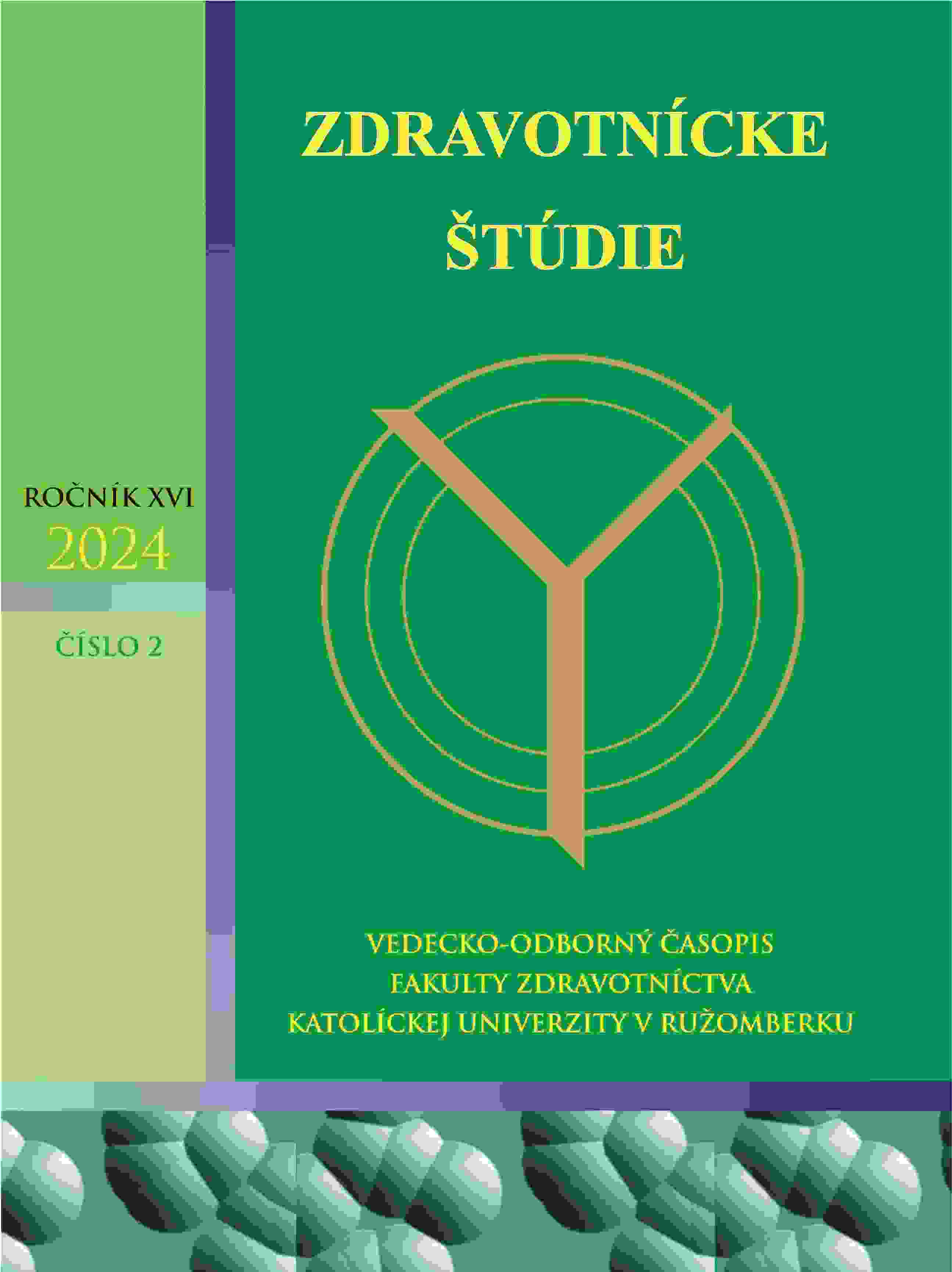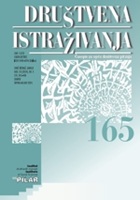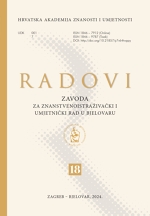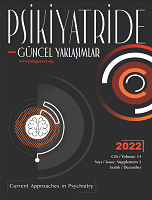
Experiences of Older People in the COVID-19 Process towards Stigmatization and Anxiety: A Qualitative Study
The aim of the study is to investigate the experiences of elderly individuals regarding stigma and anxiety during the COVID 19 pandemic. This study is a study conducted with a hermeneutic approach, one of the qualitative methods and phenomenology models. After obtaining ethical permission, the document and interview data of 10 elderly individuals selected through criterion sampling were analyzed with descriptive analysis. Findings consist of a theme, seven categories and forty-eight codes. Participants emphasized that the pandemic process caused anxiety and that they felt stigmatized in this process. The participants stated that the lethality of the COVID 19 disease and the high rate of transmission caused them anxiety. In addition, they stated that the restrictive measures taken for the elderly made them feel like a source of illness and this caused them to feel stigmatized. In conclusion, it was observed that the participants had high anxiety and stigmatized feelings in this process. They stated that they pay attention to the mask, distance and hygiene rules, which are the methods of protection from the virus, to cope with anxiety, and that they have a spiritual orientation. However, they did not have any statements about the feelings of anxiety and stigmatization they experienced in this process to share with their relatives or health workers and to get help. Accordingly, it is thought that it would be beneficial for healthcare professionals working with elderly individuals to encourage these individuals to share their feelings. In addition, healthcare professionals should take part in activities to raise awareness of the community about the COVID 19 process and the measures taken to prevent stigma.
More...
